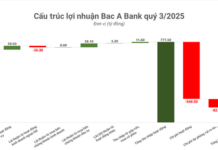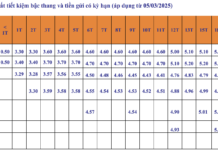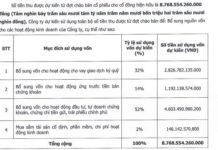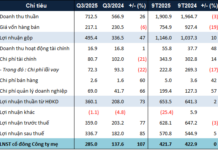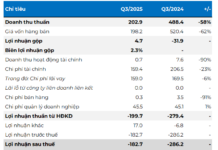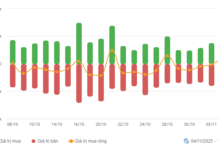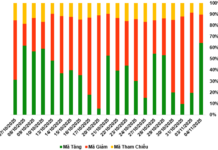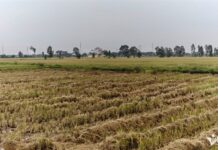One of the frequently asked questions when it comes to property ownership in Vietnam is: “What is the duration of housing ownership in the country?” The answer to this question depends on various factors, including the owner’s nationality, the type of real estate, and the current legal regulations.
Apart from cases of long-term housing ownership, such as individual houses built on residential land owned by households or individuals, or apartments with a duration based on the term of the investment project for construction (subject to renewal), there are also cases of time-limited housing ownership.
The duration of ownership can vary depending on the type of real estate. For land plots, the duration of use approved by the state can be for long-term or a fixed term (50 years). For apartment buildings (condominiums), the ownership rights are usually linked to the duration of the land use rights granted to the project. However, ownership rights for apartments also benefit from renewal options once the term expires.
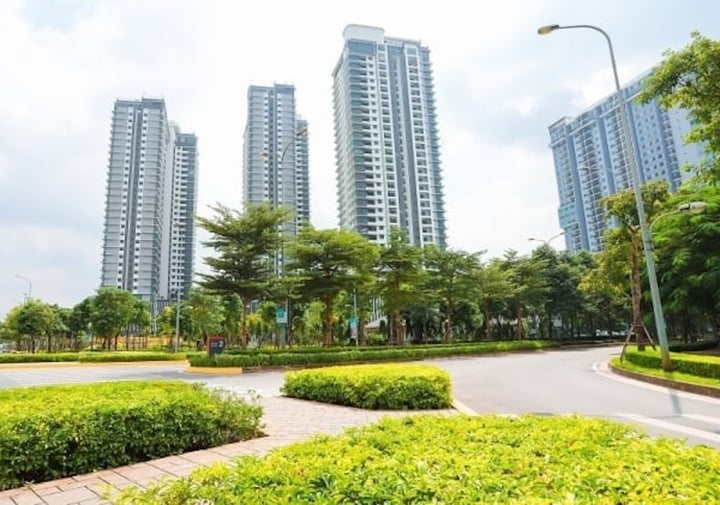
The duration of housing ownership in Vietnam depends on various factors, including the owner’s nationality, the type of real estate, and current legal regulations. (Illustrative image)
For foreigners, owning property in Vietnam comes with distinct differences compared to Vietnamese citizens. According to the 2014 Housing Law, foreigners have the right to own houses in Vietnam but with certain conditions. Specifically, foreigners are allowed to own houses for up to 50 years from the date of issuance of the certificate for the purposes of lease-purchase, purchase, donation, or inheritance.
Additionally, if the spouse of a foreigner is a Vietnamese citizen, they can own houses with the same long-term ownership rights as Vietnamese citizens. In some cases, the 50-year term can be extended, depending on the legal regulations and state policies at the time of extension.
In the case of foreign individuals married to overseas Vietnamese who are permitted to enter Vietnam, they are entitled to own houses and have the same ownership rights as overseas Vietnamese. (according to point c, clause 2, Article 20 of the 2023 Housing Law)
For foreign organizations (foreign-invested enterprises, representative offices, branches of foreign companies in Vietnam, foreign bank branches, and foreign investment funds operating in Vietnam), they are allowed to own houses according to the agreement in the transaction for the sale, lease-purchase, donation, or inheritance of houses.
However, this ownership is limited to the term stated in the investment certificate granted to the organization, including any extensions. The duration of housing ownership is calculated from the date the organization is granted the certificate and is explicitly stated therein (according to point d, clause 2, Article 20 of the 2023 Housing Law).
“Alleyway Homes: The 30-50sqm Gem That’s Now a Rarity in the Market and Priceless”
“There has been a recent change in the minimum land lot size requirements in Vietnam, according to Le Viet Long, Director of the Resource Center at RECO Home Real Estate Company. Previously, a plot of land as small as 30 square meters could be registered as a separate lot, but the new regulations now require a minimum size of 50 square meters. As a result, houses in alleys with an area of around 30-50 square meters have become a rarity and are no longer available on the market, driving up prices significantly in this segment.”
The Ultimate Guide to Real Estate: Navigating the Hanoi Property Market with Confidence
The Department of Construction will remove unqualified units from its electronic information portal and report them to the Ministry of Construction to be taken down from the housing and real estate market information system.
Is Investing in Gold, Real Estate or Stocks the Most Profitable?
The year 2025 is set to be a period of significant change, but also a time of opportunity for investors to reap success. While real estate, stocks, bonds, and savings accounts remain the dominant investment avenues, a strategic capital allocation is key. Notably, gold is expected to be the least attractive investment option among these traditional avenues.







